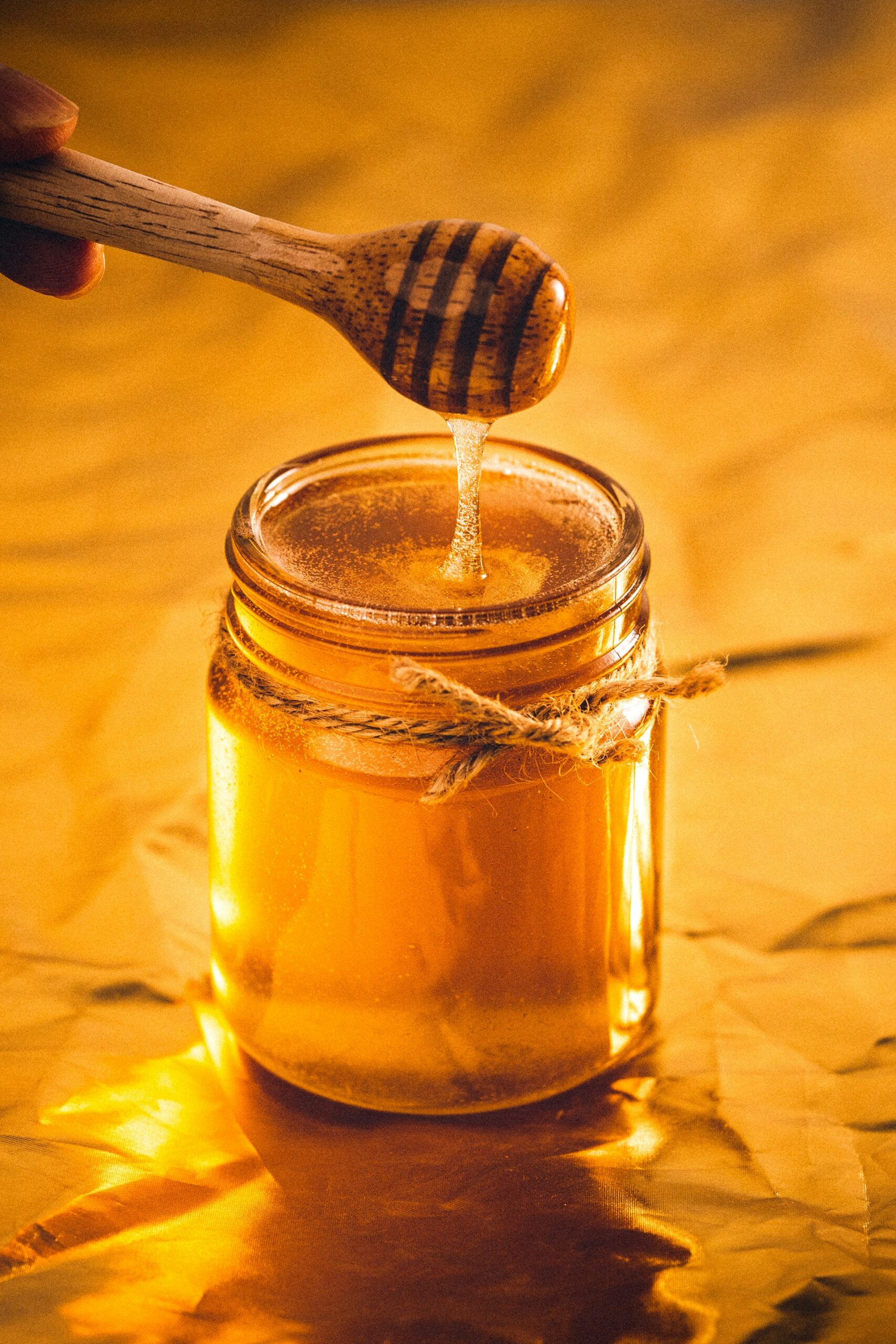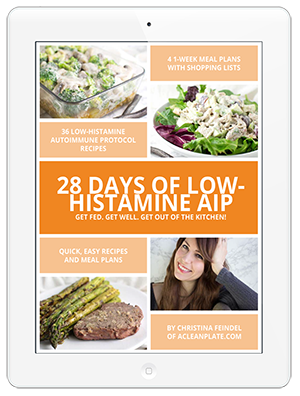Sugar on the Autoimmune Protocol

One of the few things pretty much all nutritionists agree on is “sugar isn’t great for you.” But when you start asking how much sugar and what types of sugars are okay, you’ll find all kinds of answers.
Have you ever picked up a bottle of agave nectar because it’s vegan, only to find out that it’s just as high in fructose as high fructose corn syrup? Considered stevia because it’s all natural, only to hear that it may disrupt your hormone regulation? Used raw honey to treat your seasonal allergies, only to discover that’s just an old wives’ tale?
Yeah, there’s a lot of misinformation out there. On top of that, opinions range from “well, I only live once, so I’m going to eat whatever I want!” to people who are afraid to eat anything because of the symptoms Google told them it might cause.
No judgment: A lot of us have a complicated relationship with sugar. We were raised on it, we associate it with special occasions, with indulgence and stress relief, and we use it as positive reinforcement for ourselves and our kids. “Finish your veggies, then you can have dessert.” How many of us grew up hearing that? How many of us use the same trick to get our own families to eat broccoli or peas? And when dessert is out of the picture for whatever reason but you still have to eat your vegetables, cue the temptation, the cravings, the self-loathing. The addiction.
Here’s the thing you may not have considered about the autoimmune protocol: You don’t actually have to give up sugar.
How Much Sugar is Healthy?
The general guideline is to limit yourself to no more than 20 grams of fructose per day. That’s 4 medium-sized bananas or 2 1/2 tablespoons of honey. (Not that I’m suggesting you should eat 4 bananas or 2 1/2 tablespoons of honey in one day.) Tons of healthy foods contain natural sugars the human body is generally perfectly-suited to metabolize. And not just fruits: Beets and carrots and sweet potatoes contain enough natural sugar to taste sweet, too.
But everyone has different needs and a different level of tolerance, so that “general guideline” number may be higher or lower for you. If you’ve got diabetes, you won’t be able to tolerate as much sugar as other people. If you’ve got PCOS, your doctor may have prescribed a completely sugar-free diet. On the other hand, people often go too low carb on their diets (hi, keto) and wind up having to reintroduce some simple carbohydrates to keep their bodies happy. This is especially common for people who were assigned female at birth, because their bodies need more carbohydrates to begin with, and also for people who are physically active.
You should absolutely talk to your doctor about the diet that would best suit your unique situation. Beyond that, it may take a little bit of experimentation to find the types and amounts of natural sugars that work best for you.
What About Sugar on the Autoimmune Protocol?
When it comes to sugar on the AIP, it’s always going to be preferred to choose a naturally sweet food that contains its own nutrients, like a banana or orange, or to use a more nutritive sugar like honey, blackstrap molasses, or maple syrup in small amounts. Give yourself some time to adapt, and you’ll begin to look forward to those healthy treats. Blueberries and sweet cherries are my personal favorite!
And when you need an extra-special treat? I’ve got lots of AIP-friendly dessert recipes to choose from!
Looking for Low-Histamine Recipes?
28 Days of Low-Histamine AIP combines low-histamine foods with the anti-inflammatory autoimmune protocol in a 28-day meal plan designed to jump start and simplify your diet change. The meal plan includes 36 simple, satisfying recipes including dishes like Chicken Schawarma, Cabbage Roll Stir-Fry, and Chimichurri Steaks. You’ll be amazed at all the flavors still available to you!

